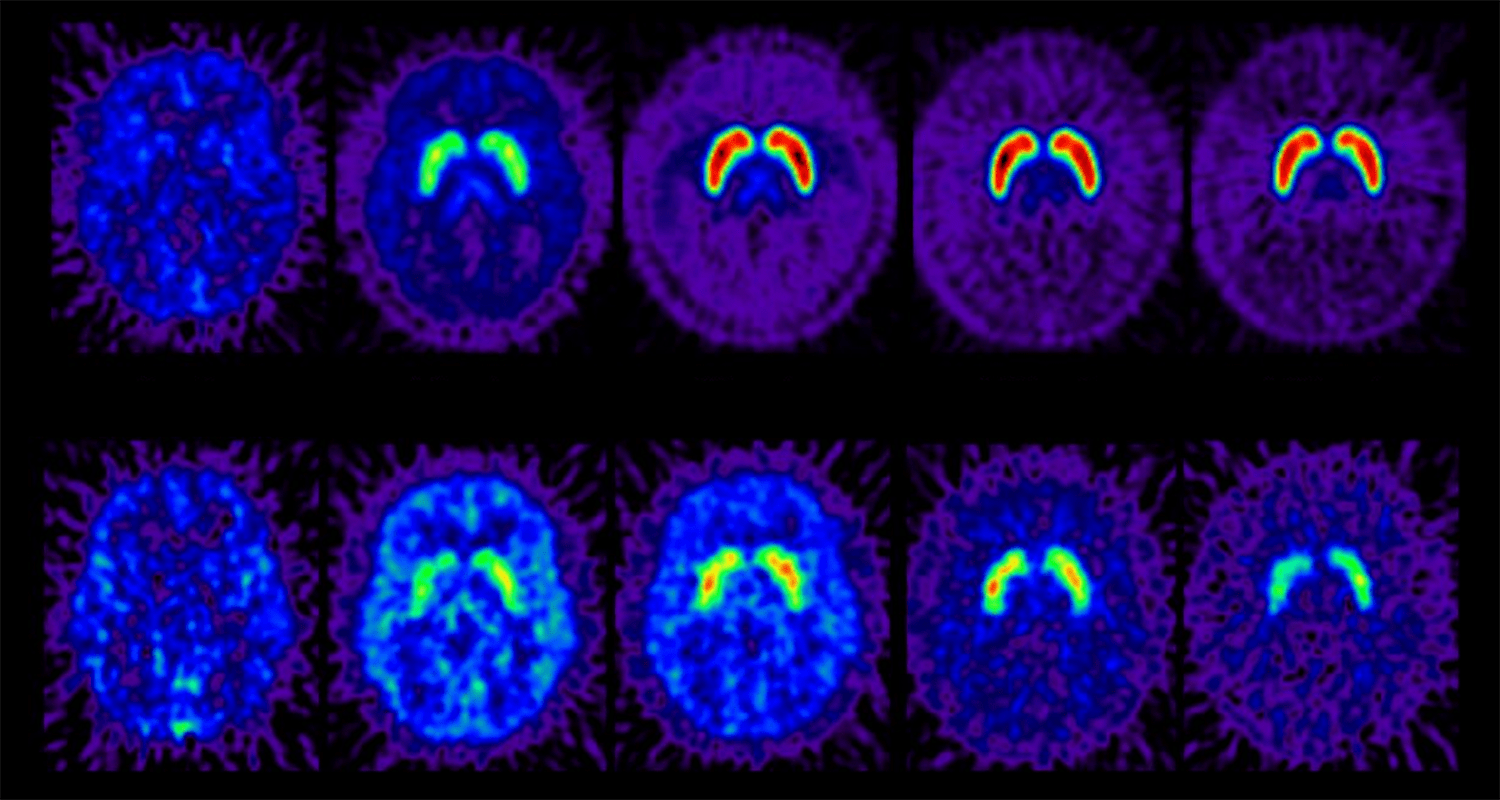The lab of Karmen Yoder, PhD is interested in using cutting-edge brain imaging techniques to understand the chemistry, function and structure of the brain. Positron emission tomography (PET) allows investigators to study the dopamine system, and magnetic resonance spectroscopy provides complementary information about the chemical composition of the brain. The lab uses structural magnetic resonance imaging (MRI) and diffusion weighted imaging (DWI) to look at gray and white matter, and to study the white matter tract connections between brain regions. Functional magnetic resonance imaging (fMRI) provides the ability to understand brain activation and inactivation “at rest”, and during behavioral and cognitive tasks of interest.
Currently, the Yoder Lab is focused on the effects of acute and chronic exposure to alcohol and cigarettes, which are key to understanding what underlies addictive disorders. The lab is also interested in the long-term consequences of chemotherapy, which alters the cognitive abilities in breast cancer patients. In addition, the lab is interested in neuroimmune function, chronic pain and collaborates with labs within the Center for Neuroimaging that study traumatic brain injury and neurodegenerative disorders.




